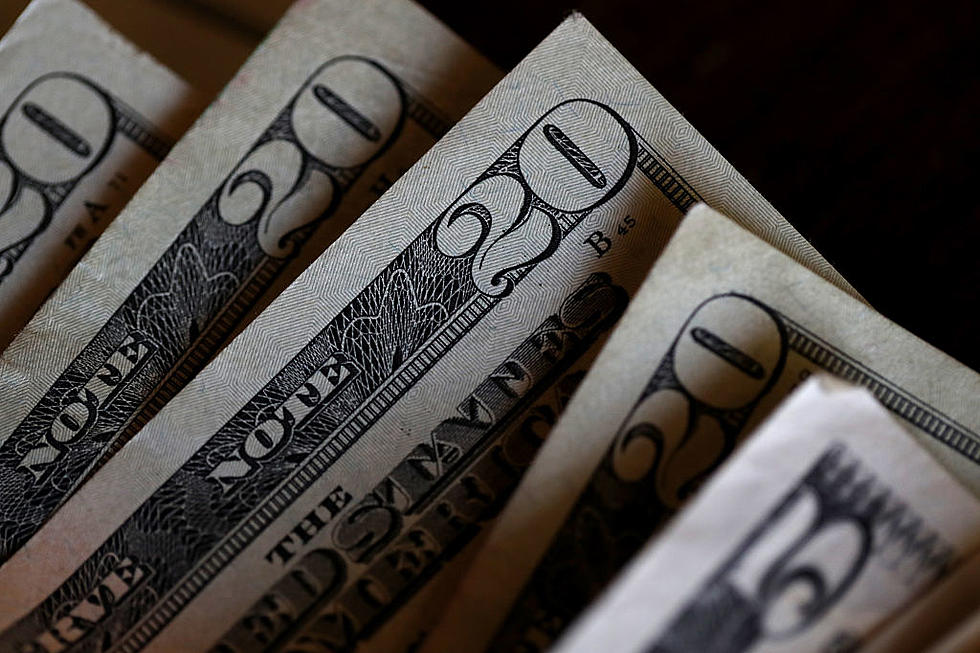
Where is Carbon Auction Money Going in WA State? $1.41 Billion
The Climate Commitment Act, which was passed by the legislature in 2021 and went into effect in January, has seen, so far, three carbon credit auctions. The latest one brought in $541 million.
Department of Ecology reveals plans for latest money
According to the DOE, the latest auction held on August 30th sold 8.585 million of what are called allowances (or credits) which brought in $541 million. The average price per credit was just over $62.
In easier-to-understand terms, any industry or sector of the economy that the state deems is a polluter or generator of carbon, has to buy credits in order to continue to operate. These credits 'offset' the pollution created by these industries.
So far, a total of about $1.4 billion has been brought into the state by the three auctions, there are at least one likely two more before the end of the year. By comparison, the price of credits in California has not really gone above $30.
Where is the money going?
The DOE said this third auction is the first in which the money raised by the credits will be utilized for a variety of programs. DOE says just over $356 million from the credits will be invested into communities for job creation, improved air quality, and what DOE calls climate resilience--but they did not elaborate on what that means.
The rest of the $541 million will go towards what DOE calls carbon-intensive industries. They can be traded or sold, or used to lower customers' utility bills or lower their own emissions.

However, DOE has not said what the money from the first two auctions, approximately $859 million, will be used for. The Climate Control Act does not specifically require the money raised from these auctions to be used just for environmental or climate programs.
These auctions are directly linked to the sharp rise in gas prices and other expenses in WA state related to businesses that depend upon fossil fuels.
LOOK: 50 Famous brands that no longer exist

